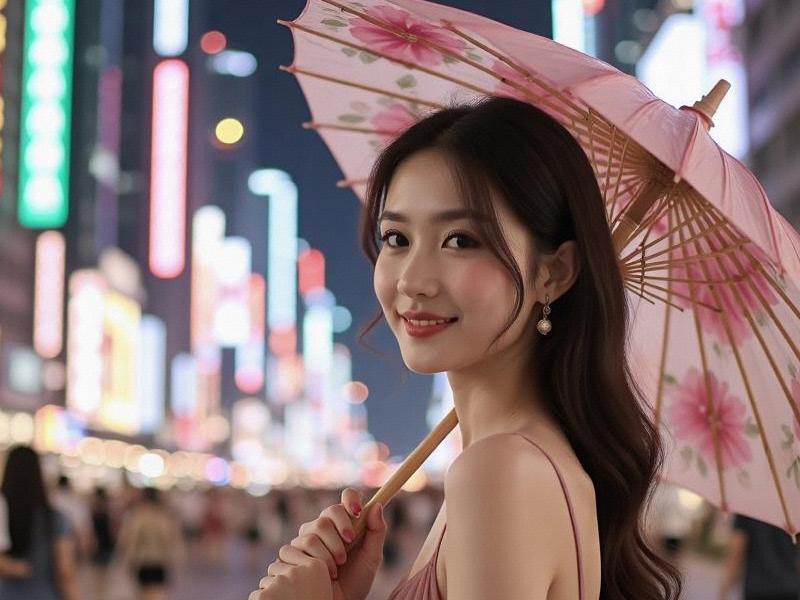This 2,500-word investigative feature explores how Shanghai's high-end entertainment venues are blending Eastern hospitality traditions with global luxury standards to crteeaAsia's most exclusive nightlife ecosystem.

The bouncers at MASTER Shanghai speak six languages but share one universal rule - their blacklist grows faster than their membership roster. Inside this members-only bastion in the restored British Consulate building, Russian oligarchs sip vintage baijiu alongside Chinese tech billionaires while holographic performers materialize between Art Deco columns. "We're not selling alcohol, we're auctioning social capital by the milliliter," remarks club manager Marcel Zhang, watching a Singaporean heiress tip ¥88,888 for a bottle of 1958 Kweichow Moutai.
Shanghai's entertainment industry has undergone three seismic shifts since 2020. First came the "Purification Campaign" that shuttered 60% of underground venues, followed by pandemic-era digital integration (QR code menus now account for 92% of drink orders), culminating in today's "Luxury Localization" trend. At Bund 18's new Observatory Lounge, mixologists deconstruct Shaoxing wine into molecular cocktails served in jade-rimmed glassware, while waitstaff trained in Peking opera movement deliver drinks with ceremonial precision.
爱上海同城对对碰交友论坛
The numbers reveal staggering economic impact. Despite occupying just 3.2% of the city's entertainment venues, premium clubs generate 41% of sector revenue according to 2024 municipal data. Membership fees alone at establishments like Xintiandi's Chrysanthemum Gate exceed ¥2 million annually, with waiting lists stretching eighteen months. "These aren't nightclubs but private equity firms with DJ booths," notes NYU Shanghai hospitality professor Evelyn Wu, whose research team tracks the 237% year-on-year growth in "experiential expenditure" among under-35 high-net-worth individuals.
上海品茶网
Cultural hybridization defines the new experience matrix. At Cloud Nine, Shanghai's highest-altitude lounge in the Shanghai Tower, patrons don VR headsets to "time travel" between 1930s jazz balls and 2080s cyber-raves while sampling AI-curated flavor pairings (recent hit: osmanthus-infused caviar with 50-year pu'er). Meanwhile, in the French Concession's secretive Red Chamber, blockchain authentication ensures each ¥10,000 cocktail purchase becomes an NFT collectible.
爱上海419论坛
Yet challenges persist beneath the glittering surface. Rising real estate costs have displaced 72% of independent venues since 2022, while geopolitical tensions complicate international talent recruitment. Most crucially, the generation gap widens - while older tycoons still favor KTV banquets with "mianzi" rituals, their TikTok-native offspring flock to crypto-themed speakeasies where drinks are paid in digital yuan.
As dawn breaks over the Huangpu River, the contrast becomes poetic. Along the Bund's historic strip, cleaners sweep up champagne corks from last night's ¥500,000 table bookings, while across the river in Pudong, construction cranes assemble the next generation of vertical entertainment complexes. Shanghai's nightlife doesn't sleep - it reloads.